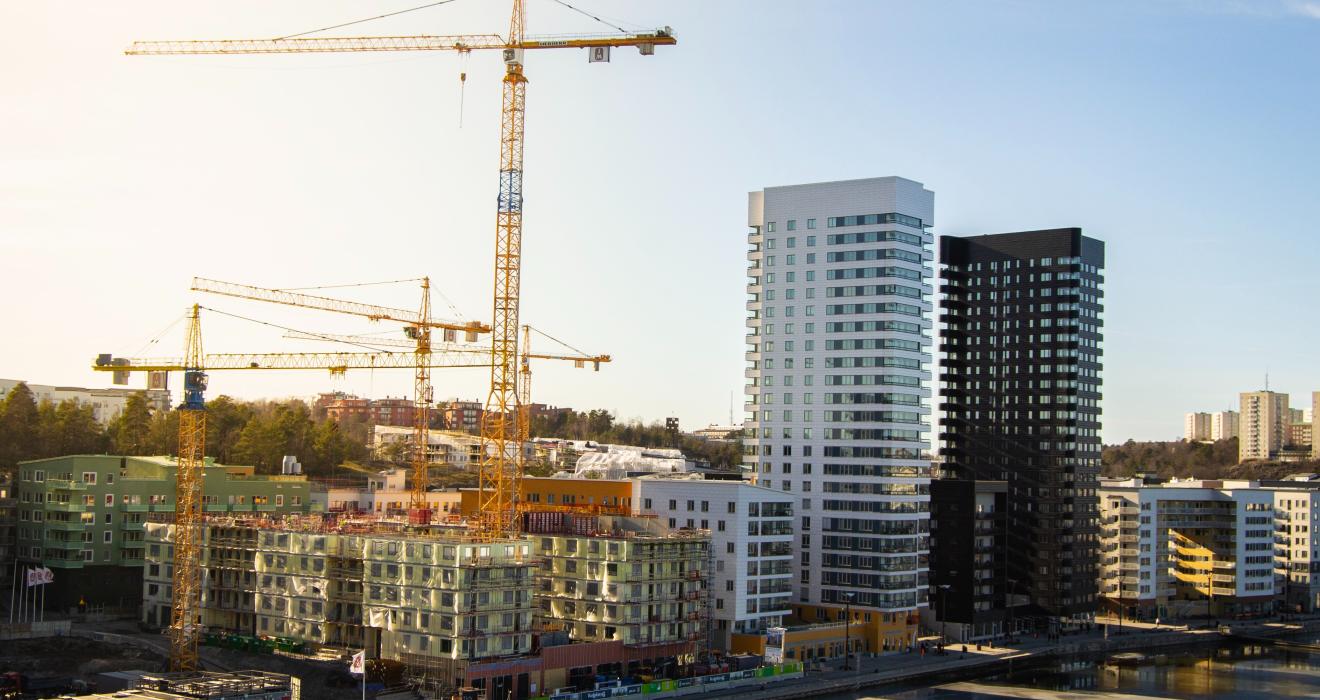
Increasing tariffs – the impact on Danish building and construction projects
A number of new tariff measures from the US will result in increased tariffs on goods imported from all over the world, which is also expected to have consequences for the Danish construction industry.
In April 2025, US President Donald Trump announced a series of tariff measures as part of the "Declaration of Economic Independence" initiative, increasing tariffs on goods imported from around the world.
The changes in tariffs are expected to have a significant impact on international trade and companies with global value and supply chains. The construction industry in Denmark, which relies on imports of building materials and (raw) goods from abroad, is also expected to be affected, both in terms of increasing prices and longer delivery times for materials.
In this article, we briefly describe the extent to which the contractor can claim compensation from the client for increasing tariffs under the AB and FIDIC regulations, and what the parties involved in the project should be aware of going forward when entering into new construction contracts.
Contracts on AB terms
The clear principle in the AB system is that the contract sum is fixed for the first 12 months from the tender date (fixed-price period), which means that the contractor bears the risk of price increases during this period. For the part of the work executed after the fixed-price period, the contractor is entitled to indexation of the contract sum in accordance with the index agreed between the parties or, in the absence of agreement, deemed relevant to the work.
However, this principle may be departed from if a central government intervention has led to significant additional or reduced costs (clause 35, subclause (1) of AB 18). In this case, both the client and the contractor have the right to adjust the contract sum. In the event of extraordinary increases in the price of materials or fuel (clause 35, subclause (2) of AB 18), the contractor may also claim compensation from the client.
Quote by Christian Johansen
For major construction projects, thorough mapping should be carried out to determine whether the project is particularly exposed to increasing tariffs, including which links in the value and supply chain may be directly or indirectly affected.
However, the application of the provisions on central government intervention and/or extraordinary price increases requires a number of conditions to be met, including that the price increases are significant and that the price increases are not covered by the contractor's right to indexation.
For work carried out on an account basis, the contractor may claim payment for actual costs incurred, including increased material prices due to increasing tariffs.
Contracts on FIDIC terms
According to the FIDIC 2017 Red Book, Yellow Book and Silver Book editions, "Change in Laws of the Country" entitles the contractor to an adjustment to the contract sum if a number of conditions are met, including that the change has occurred after the "Base Date", which is typically 28 days before the contractor submits the tender.
The FIDIC "Change in Laws" provisions do not address the increasing tariffs in countries other than the project country. The contractor therefore generally bears the risk if a third country from which materials etc. are imported raises its export duties or introduces other trade restrictions on Denmark.
New construction contracts
When negotiating new construction contracts, the parties should consider the allocation of risk as well as the financial and time implications of the increased tariffs, including the documentation requirements of the parties.
For major construction projects, thorough mapping should be carried out to determine whether the project is particularly exposed to increasing tariffs, including which links in the value and supply chain may be directly or indirectly affected.
The parties should also address the unpredictability of the current geopolitical situation and the need to be able to adjust the contract on an ongoing basis if the balance tips too much and one party incurs a significantly higher burden than originally assumed. In this context, the inclusion of provisions that trigger the right to renegotiate (parts of) the contract if there are significant changes in the assumed tariffs or other regulatory conditions that are critical to the implementation of the project could be considered.
Bruun & Hjejle's legal services
Bruun & Hjejle is closely following the development of tariffs and the market situation. We have in-depth knowledge and experience in advising both national and international parties in the construction industry on the handling of price increases etc. during all phases of construction. If your company needs advice, or if you have any questions about this newsletter, please contact us.

